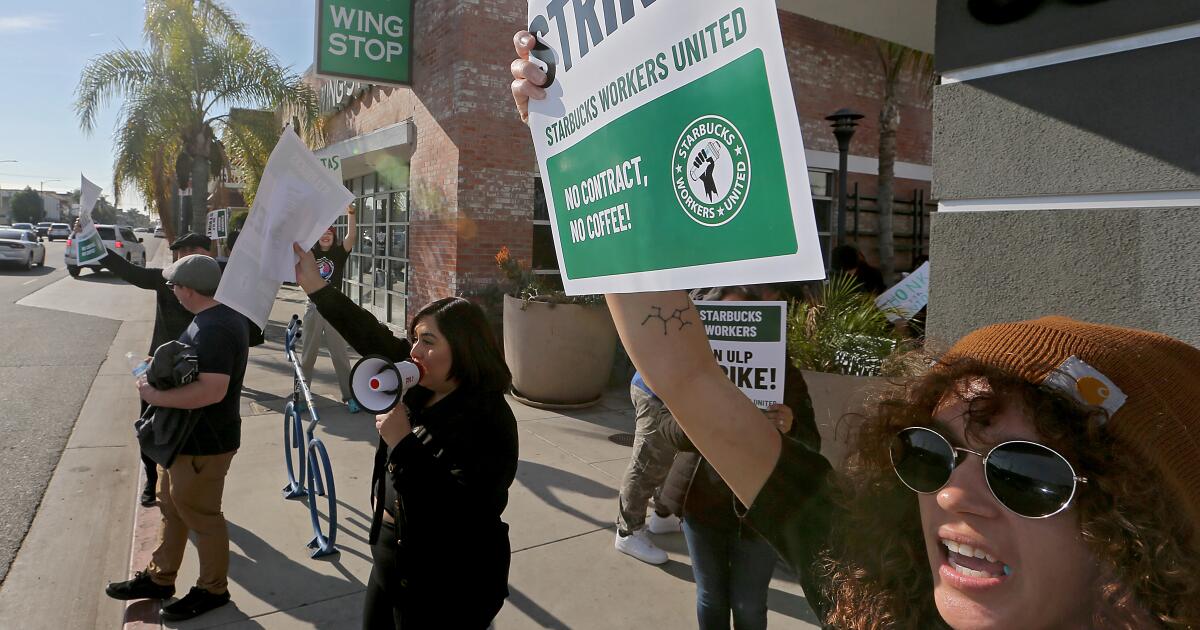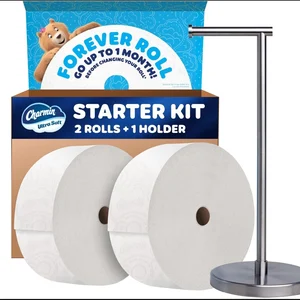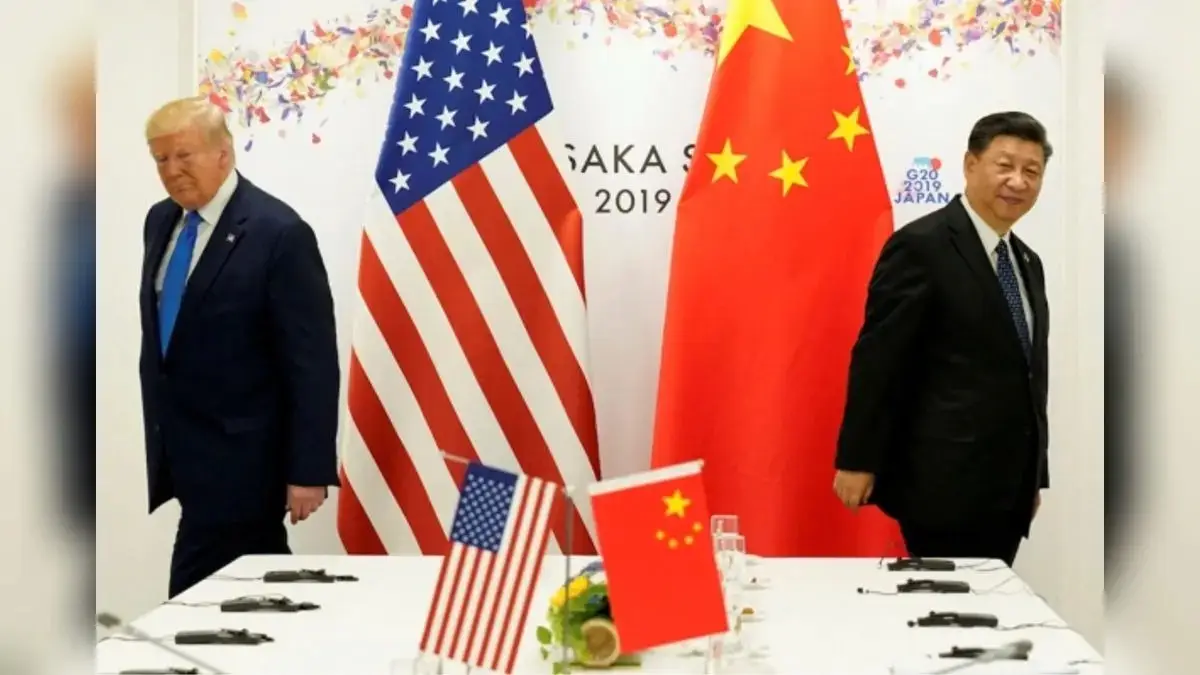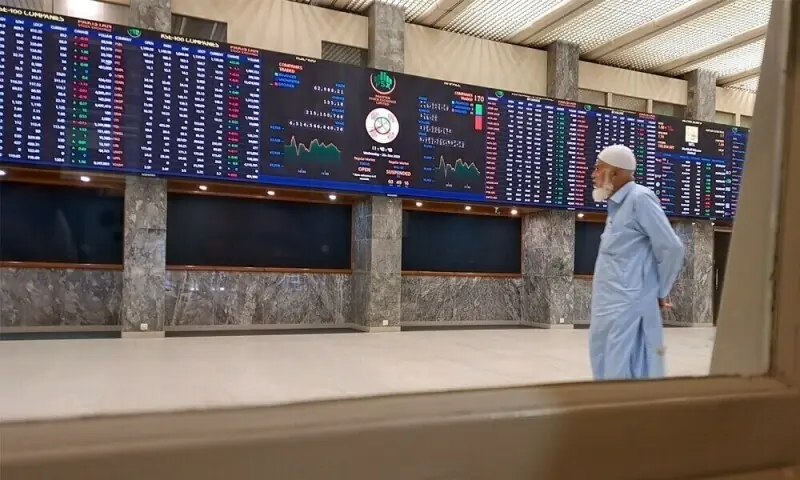Copyright Los Angeles Times

The union representing Starbucks workers on Monday filed a complaint with the International Olympic Committee, opposing the popular chain’s role as the “official coffee partner” of the 2028 Olympics in Los Angeles. The union, Starbucks Workers United, contends in the complaint that Starbucks’ treatment of U.S. workers looking to unionize and bargain a contract — as well as allegations of forced labor abroad — conflict with the Olympic Games’ code of ethics. The 22-page complaint notes findings by federal labor regulators in recent years that the company had unlawfully retaliated against employees, failed to bargain with the union, and took other actions in an “aggressive, unrelenting campaign of intimidation and interference” to discourage workers from exercising their right to organize. It also cites legal actions filed in April by Brazilian workers and watchdog groups, alleging the company’s supply chain relies on human trafficking and “slavery-like” labor in Brazil, the world’s largest coffee grower — allegations the company has denied. Starbucks, which denies accusations made in the complaint, announced its Olympics partnership last month. As part of the deal, it plans to build “a specially-designed” coffeehouse in the Olympic and Paralympic villages, and will serve coffee across competition venues, volunteer hubs and other locations. Michelle Eisen, a spokesperson for the union and a former Starbucks employee, said the company in negotiations had been “fighting [its] own baristas” and “stonewalling” a union contract. “Starbucks’ long pattern of disrespecting workers’ rights stands in stark contrast to the Olympic spirit, which celebrates human dignity, fairness, solidarity, and teamwork,” Eisen said. “Until Starbucks starts playing fair ... they have no place at the Olympic Games.” Starbucks maintains, however, that the union is to blame for stalled contract talks by walking away from negotiations in the winter. Starbucks spokesperson Jaci Anderson said in response to a request for comment Monday that “allegations by Workers United have all previously been debunked and are without merit.” Anderson said the company denies allegations of forced labor in Brazil and is committed to ethical sourcing. The company has said that the coffee farms it works with are thoroughly vetted. “Our commitment to bargaining with Workers United and reaching agreements has not changed,” Anderson said. “We are proud to bring connection, culture, community and incredible coffee to the world stage at the LA28 Games.” The union’s Monday complaint also alleges that Starbucks, by lobbying for the Olympics deal, created a possible conflict of interest, because a prominent former member of Starbucks’ board, Mellody Hobson, also serves on the board of LA28, the organizing committee for the Summer Games. Anderson said that Hobson left the Starbucks board in March, and that the Olympics deal was finalized after her departure. Hobson did not immediately respond to a request for comment. Complaints alleging ethics violations submitted to the International Olympic Committee are analyzed by the committee’s chief ethics and compliance officer, who, according to the group’s procedures, would then either submit the complaint to an independent ethics commission to make a recommendation or inform the person or group that made the complaint that no breach of ethics had been found. Games in years past, with billions of dollars in revenue at stake, have at times been beset by corruption and scandal. The IOC set up its independent Ethics Commission in 1999 after IOC members were accused of accepting bribes — in the form of cash, gifts, travel expenses and even college tuition for members’ children — to advance Salt Lake City’s bid to host the 2002 Winter Games. The accusations lodged by the union come amid a period of strained contract talks. A nationwide movement to unionize the coffee chain began in 2021, when the first store in the chain won its union election. After several years of heightened union-management tension, hope grew that Starbucks and unionized baristas would be able to hammer out a deal in early 2024, when Starbucks pledged to publicly to work with the union. But talks broke down in December, and the union has said in recent months that it’s gearing up for a potential strike. The complaint marks the latest point of tension between Southern California workers and their employers in the lead-up to the L.A. Olympics. L.A. labor groups launched over the summer a campaign for what they are calling a “New Deal” to get the city and the LA28 Olympics organizing committee to invest in the community by building more housing, being more transparent about venue agreements and adopting protections for immigrant workers — as well as foreign visitors and fans — from federal raids.



